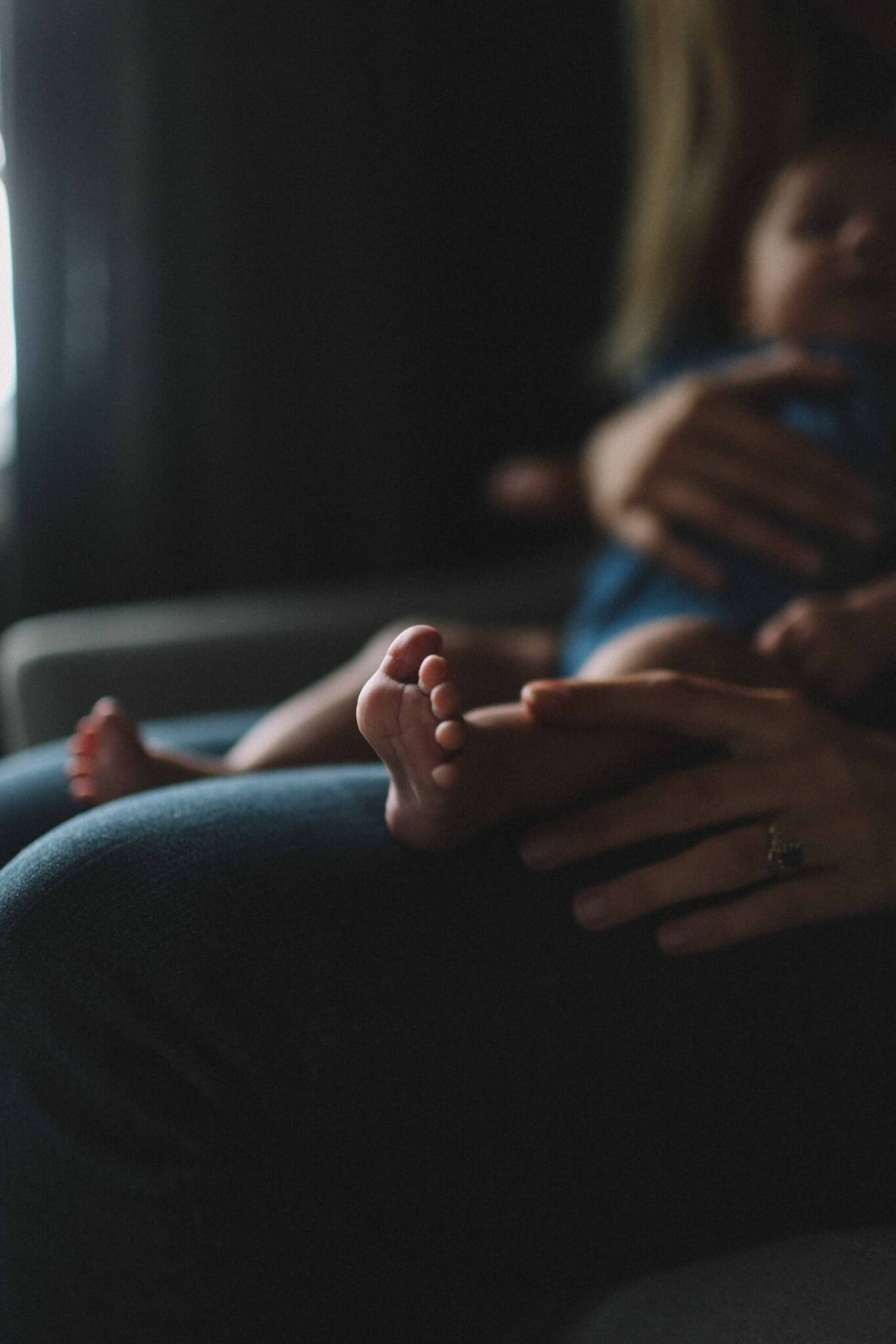Lent and Motherhood: A Lesson for Man

I’m not the kind of person who always wants a baby. As a child, I didn’t “play house.” As a teen, I didn’t babysit other people’s children, and I didn’t enjoy my mom signing me up for nursery duty at church. The blessedness of bearing and raising children is more a belief that has grown in me with my faith than it is a primal urge I have. Hearing Mary’s Magnificat in a liturgical context has enforced this belief: “you have lifted up the lowly.” This is the trajectory of Christ’s Incarnate Life and the life of every believer and the life of the world. From death unto life. Beauty from ashes. A mother is one of the lowly ones. The mother of God saw herself this way. A friend pointed out the obvious symbolism of a woman’s forty weeks carrying her child and the forty days and nights of rain to cleanse the earth in the Flood, Israel’s forty years of wandering in the wilderness and Christ’s forty days of temptation in the desert. The forty days of Lent bring us to Easter. These are times of suffering and trial on the way toward redemption.
We are all called to share in Christ’s sufferings—even to “fill up what is lacking” in them. I have no idea what this means. I believe, however, that it will lead to blessing and redemption, following the pattern Christ’s sufferings did. More particularly, Christ suffered in order to welcome the lowly, to welcome sinners as sons and daughters to the joyful presence of God, and to give them a Home. Women, as mothers, follow this pattern as well. Our very first home, for every one of us who has ever lived, was our mother’s womb. We were welcomed there, nourished and cared for from her very body. There is much sweet sentiment (rightly so) surrounding motherhood, but make no mistake, this welcoming, this hospitality, is one of suffering. Whether an easy pregnancy or not, whether a smooth delivery or not, whether healthy, whole children or not, these lowly mothers are required to lay down their lives for the world. They don’t do so because they are brave or saintly or good—often, they are afraid and sad and despairing. But “unless a grain of wheat falls to the ground and dies, it remains alone; but if it dies, it bears much fruit.”
Some women cannot conceive. Some have one, two, or ten children. Some have lost children. Some, like me, find themselves unexpectedly expecting at the very tail-end of their child-bearing years. None of what I say above calls any of those women better or worse than the others. To marvel at what God has done with “woman-as-mother” is not to deny the fruit He will bring from the suffering of childlessness or loss. Woman-as-mother shows us, all of mankind, how to welcome the lowly in many ways, from adopting, to fostering, to working with refugees, to opening our homes to guests, to serving in the church nursery, to ministering to the homeless or those with disabilities, to even offering “a cup of cold water” in His name. The list is endless. The opportunities for suffering seem endless as well, but they are only a gateway to blessing. The suffering is NOT endless, but the joy is. We look “unto Jesus, the author and finisher of our faith; who for the joy that was set before him endured the cross, despising the shame, and is set down at the right hand of the throne of God.” As we lay down our lives for the lowly, we, the lowly, will be lifted up with them.










